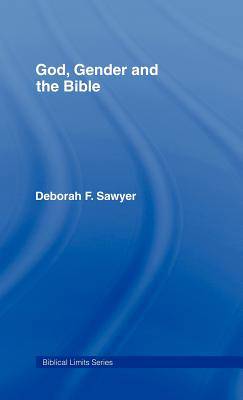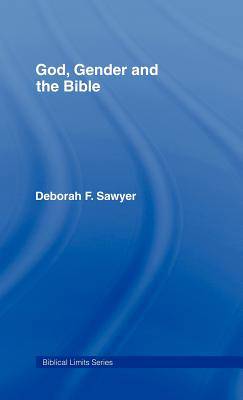
- Afhalen na 1 uur in een winkel met voorraad
- Gratis thuislevering in België vanaf € 30
- Ruim aanbod met 7 miljoen producten
- Afhalen na 1 uur in een winkel met voorraad
- Gratis thuislevering in België vanaf € 30
- Ruim aanbod met 7 miljoen producten
Omschrijving
Deborah Sawyer discusses this crucial yet unresolved question in the context of contemporary and postmodern ideas about gender and power, based on fresh examination of a number of texts from Hebrew and Christian scripture. Such texts offer striking parallels to contemporary gender theories (particularly those of Luce Irigaray and Judith Butler), which have unravelled given notions of power and constructed identity. Through the study of gender in terms of its application by biblical writers as a theological strategy, we can observe how these writers use female characters to undermine human masculinity, through their 'higher' intention to elevate the biblical God. God Gender and the Bible demonstrates that both maleness and femaleness are constructed in the light of divine omnipotence. Unlike many approaches to the Bible that offer hegemonist interpretations, such as those that are explicitly Christian or Jewish, or liberationist or feminist, this enlightening and readable study sustains and works with the inconsistencies evident in biblical literature.
Specificaties
Betrokkenen
- Auteur(s):
- Uitgeverij:
Inhoud
- Aantal bladzijden:
- 192
- Taal:
- Engels
- Reeks:
Eigenschappen
- Productcode (EAN):
- 9780415174831
- Verschijningsdatum:
- 18/07/2002
- Uitvoering:
- Hardcover
- Formaat:
- Genaaid
- Afmetingen:
- 157 mm x 209 mm
- Gewicht:
- 340 g

Alleen bij Standaard Boekhandel
Beoordelingen
We publiceren alleen reviews die voldoen aan de voorwaarden voor reviews. Bekijk onze voorwaarden voor reviews.











